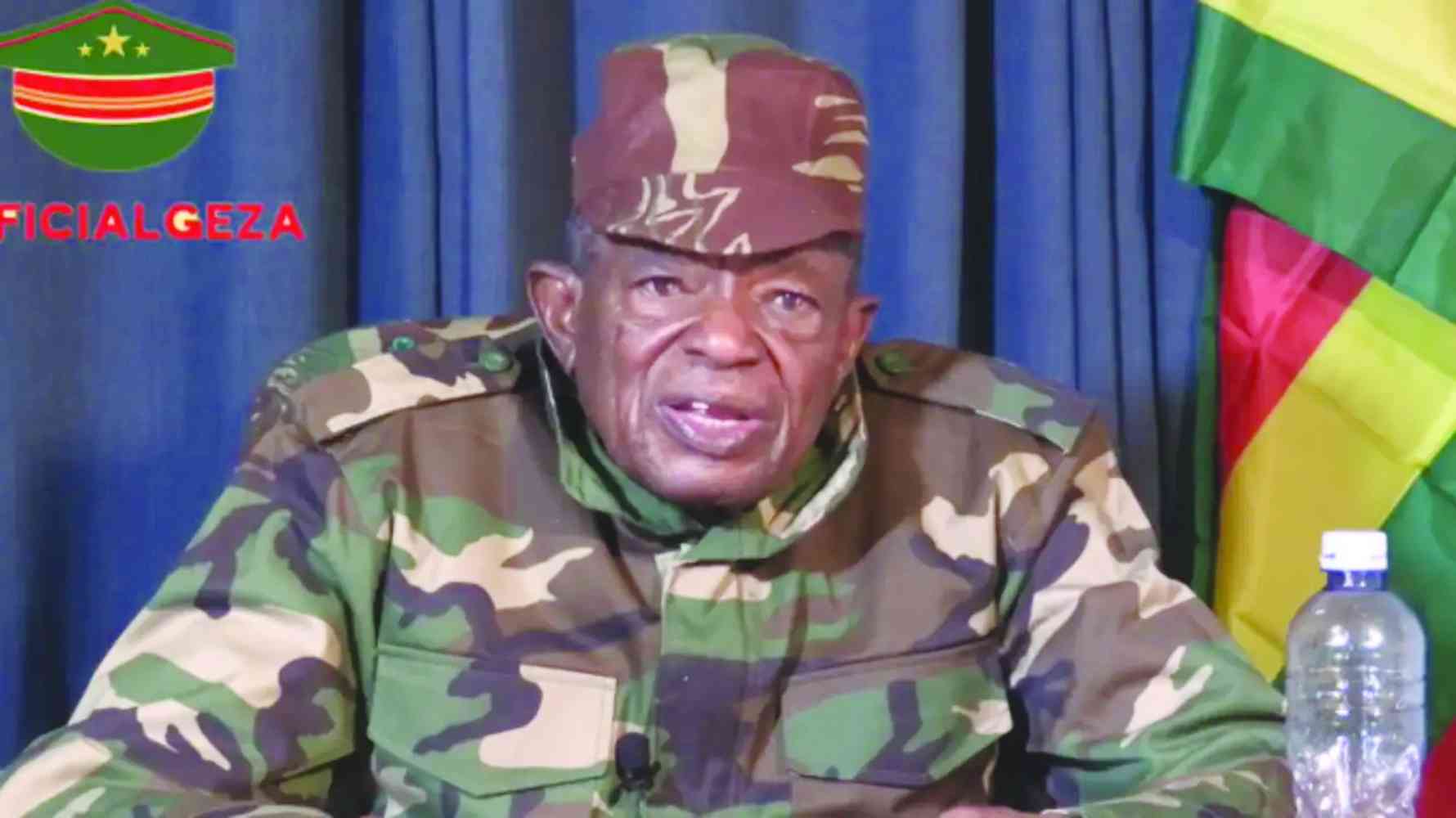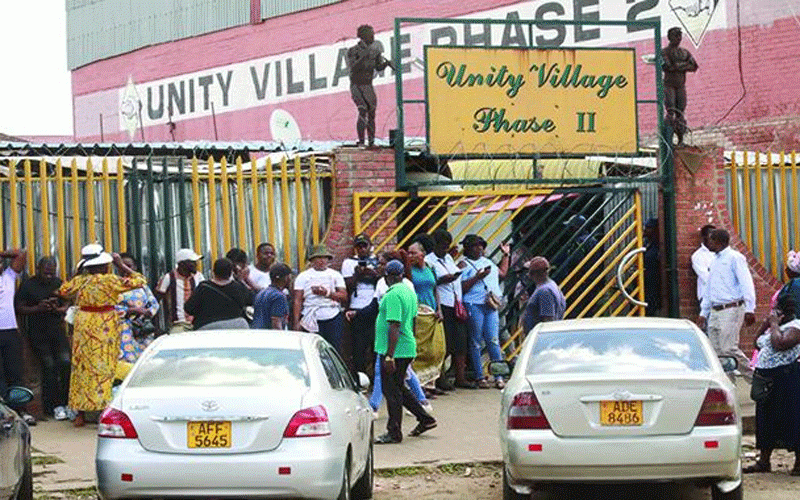
UNCERTAINTY looms over the March 31 demonstrations called by war veteran and former Zanu PF central committee member Blessed Geza, with questions lingering over whether Zimbabweans will heed the call or ignore it as another factional power play.
Security forces have already deployed heavily in key urban areas, raising fears of a potentially violent crackdown should the protests gain traction.
Geza, who had reportedly gone into hiding after police launched a manhunt, recently resurfaced on social media, urging a “mega demonstration” on Monday.
Wearing military fatigues, he called for nationwide protests to demand accountability and systemic change, accusing President Emmerson Mnangagwa of corruption and mismanagement.
In February, police declared Geza a person of interest, linking him to charges of undermining presidential authority.
National police spokesperson Paul Nyathi urged citizens to remain peaceful, stating that law enforcement officials would keep a close watch on any unrest.
Despite Geza’s appeal, political observers are divided over its chances of success. Some believe public apathy, internal divisions, and unclear objectives could doom the protests, while others argue that rising frustration over Zimbabwe’s deepening economic crisis might galvanise participation.
While Geza claimed backing from opposition figures, including Nelson Chamisa, Tendai Biti, and Job Sikhala, Chamisa swiftly distanced himself, saying he had “not been involved in recent dialogues with anyone” and did “not want to be drawn into events that have nothing to do with me”.
- Chamisa under fire over US$120K donation
- Mavhunga puts DeMbare into Chibuku quarterfinals
- Pension funds bet on Cabora Bassa oilfields
- Councils defy govt fire tender directive
Keep Reading
The Zimbabwe National Liberation War Veterans Association (ZNLWVA) also disassociated itself from Geza’s efforts, while a rival faction led by Andreas Mathibela is silent on the issue.
ZNLWVA spokesperson Cornelius Muwoni said they had only learned of Geza’s plans through social media.
Security insiders suggested that while the police had increased patrols and precautionary measures, the protests appeared to be rooted more in factional disputes within Zanu PF than in genuine grassroots mobilisation. They said the demonstrations might be part of a plot by one faction to weaken its rivals rather than an effort to address public grievances.
“This has raised suspicions that these demonstrations have no agenda to right the wrongs of the government, but rather to further the interests of one faction over the other,” one source said.
With just days to go, the growing factionalism and political infighting appear to have sidelined broader public interests.
“Once again, the people of Zimbabwe are being used as pawns in a political game that has little to do with their welfare,” said a security source.
Political analysts are similarly cautious, pointing to Zimbabweans’ history of ignoring calls for protests.
Stephen Chan, Professor of World Politics at the University of London, predicted a muted response due to divisions among war veterans and opposition figures.
However, he warned that a violent police crackdown could inadvertently rally support behind Geza.
“If Mnangagwa and Zanu PF are wise they will simply allow the protests to pass off peacefully and then comment on how small they were,” Chan said.
“He should allow Geza to speak and then claim there is freedom of expression in Zimbabwe.
“The weakness in Zanu PF is giving in to the temptation to overplay its hand. They do tend, however, to do that,” he added.
Renowned political analyst Eldred Masunungure noted that while socioeconomic frustrations are boiling over, Zimbabweans may lack the appetite for mass action seen in the 1990s.
He added that protests tend to erupt spontaneously, without giving authorities time to prepare, unlike Geza’s planned demonstrations.
“Further, and fundamentally too, an uprising is often not planned as is the case with the ‘March 31 uprising’; usually, uprisings are spontaneous outbursts of public anger that give little to no time for law enforcement agencies to prepare and repel,” Masunungure said.
“Perhaps ‘Bombshell’ (Geza) could have been more effective by calling for a stay away rather than calling on people to take the deadly risk of confronting the coercive apparatus of the state.”
He said the opposition parties, now “on life support”, were too weak to mobilise meaningful resistance.
“War vets on their own can hardly make a difference. So, whatever faction is involved in the ‘uprising’ can only succeed if it manages to mobilise the broader masses as happened in November 2017. But I don’t see many Zimbabweans responding to the Geza call or any other call,” Masunungure said.
Kudzai Mutisi, a political commentator, echoed this view: “The protests will not take off and there is no possibility of them being effective because those calling for protests are disorganised, unpopular, and have no known plan for governing Zimbabwe better.
“There are no credible opposition voices in Zimbabwe. The opposition is deeply divided and disorganised, they cannot mobilise ordinary Zimbabweans to protest against President Mnangagwa.”






